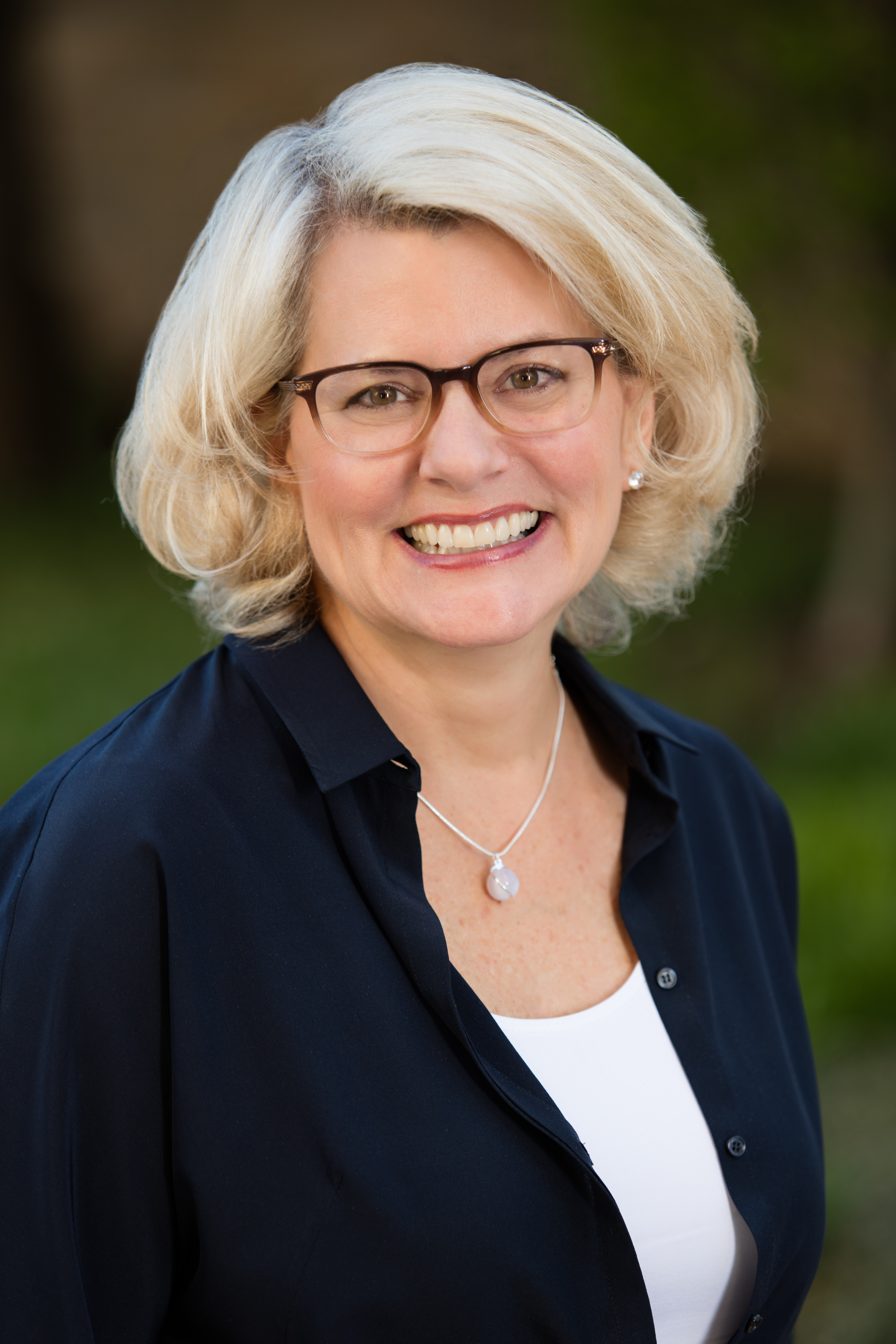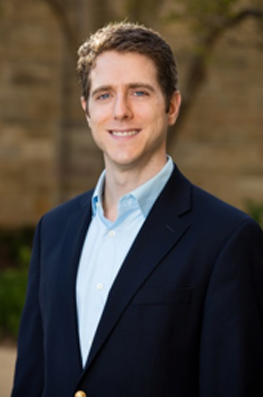Four members of the Rare Collective trekked out to San Francisco for the J.P. Morgan Healthcare Conference. David Lapidus and Patti Engel discuss what we learned…
David:
Patti, I know you spent a lot of time following gene therapies at this conference. What did you learn or observe?
Patti:
The price of orphan drugs is on everyone’s mind—that’s hardly news, but it’s getting more urgent. More and more orphan drugs are in development, and their costs will add up. That means that orphan drugs become an even more visible expenditure. The problem, though, isn’t the dollars themselves: it’s their visibility. Most people with healthcare industry experience know that drug costs are a small fraction of the healthcare spending. Tests, procedures, missed diagnoses and hospitalizations are the real cost centers. But those items are harder to quantify compared to drugs, and their profit-makers are harder to identify than drug companies. Orphan drugs may not be the biggest expense, but they’re an easy-to-see bull’s-eye. And that bull’s-eye will only get bigger as approvals increase.
David:
Is there a specific area where you expect drug pricing to be especially challenging?
Patti:
Gene therapy is the biggest puzzle in the U.S.: how can we price a potentially curative product? Risk-sharing is often suggested, because drug-makers would get paid only if the patient benefits in a pre-defined way. Even if we ignore the legal hurdles to that sort of scheme, I have to wonder about its impact on investment. The system is set up to generate revenue when patients use a product, and that’s what investors and pharma companies plan for when they set their strategy. But if revenue varies with the drug’s effect on individual patients, those investors and companies will have to consider the risk of variability when they set a price. The end result could just be that we spend the same total dollars, except they have to be paid by an even smaller pool of patients.
David:
Did you hear any creative thinking about how that challenge could be met?
Patti:
There’s nothing unfair about risk-sharing, per se. But the question is, where is the risk and who should share it? In the U.S., we do a great job at scientific innovation, but there hasn’t been much policy innovation when it comes to drug prices. What if we extend the risk-sharing concept further back into drug development so that there’s a way to compensate investors if price controls harm a drug’s revenue? It doesn’t have to be a complete refund, but a policy that narrows the risk band could maintain innovation in spite of cost controls.
David:
It sounds like the gene therapy conversations focused on price. Was there anything else about gene therapy that caught your attention?
Patti:
When I spoke to the actual drug developers, they shared certain challenges about the manufacturing process and ability to scale to commercial capacity. This is certainly “doable” but will take time and experience to address the challenges. I found it interesting that these issues were raised by executives who already have deep experience with biologics from previous companies. When people like that are discussing the topic, it tells me that the issue demands attention.

Patti Engel, President and CEO of Engage Health, has helped define the orphan drug market through her work in market development, research and strategy.


 RARE COLLECTIVE® is a trademark of Rare Collective, LLC.
RARE COLLECTIVE® is a trademark of Rare Collective, LLC. 